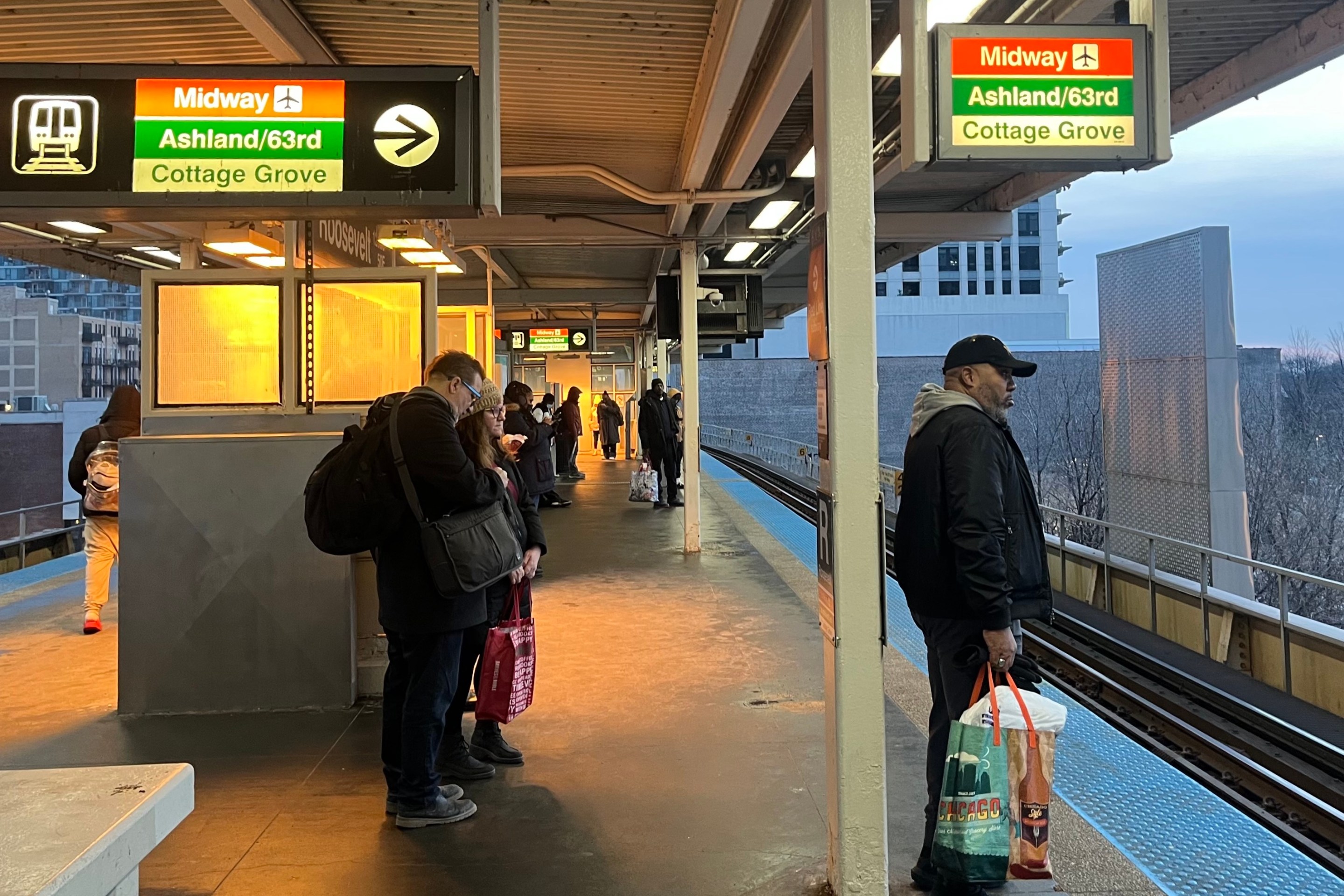
New Census data is out on how Americans commute, and the standout success story is Seattle, where the rate of people who drive alone to work dropped 8.8 percent over the last decade.
Tom Fucoloro at Seattle Bike Blog lists some of the highlights -- walking is up, the share of women biking to work is rising. All the trends in Seattle point in a positive direction:
The number of Seattleites driving alone to work hit a new modern low, making up just 48.5 percent of all commutes. This is particularly impressive since the decline in mode share happened despite a drop in gas prices that started in late 2014. Seattle is a leader in this trend among big U.S. cities, Yonah Freemark reported on Twitter
On the other hand, walking continued its strong trend upwards, hitting a new high at 10.7 percent. This is likely in large part due to increased housing near jobs.
The share of workers biking held steady at 4 percent and transit held steady at 21 percent. This means each mode grew in accordance with job growth.
While job growth in the city means the total number of Seattleites driving alone to work increased 9 percent since 2010, that’s well below the worker growth rate of 20 percent. If trends continue, the city will start adding jobs without adding cars. And if the city takes smart, bold action, this turning point could come sooner than later.
The city is also still heading towards a day when more residents will bike, walk and take transit to work than drive alone. Ten years ago, the gap was 31 percentage points. In 2015, it was 12.8. At that rate, the balance will shift in 2022.
But we can get there sooner with bold action and smart investments in safer streets, more connected bike routes, more and better transit service and more new homes near jobs.
Elsewhere on the Network today: The League of American Bicyclists reports that new Census data shows a slight drop in bike commuting nationwide last year -- possibly due to low gas prices. Urban Adonia explains the motivation for the new book Bike Justice, an anthology of essays about "marginalized communities and bicycle advocacy, planning, and policy." And The Urban Edge reports that Houston is lagging behind other metros on economic growth.





